
Merry Crisis (Demo)
After a break-up turns your world inside out, you return home for Christmas hoping the change in scenery will give you space to mend a broken heart.
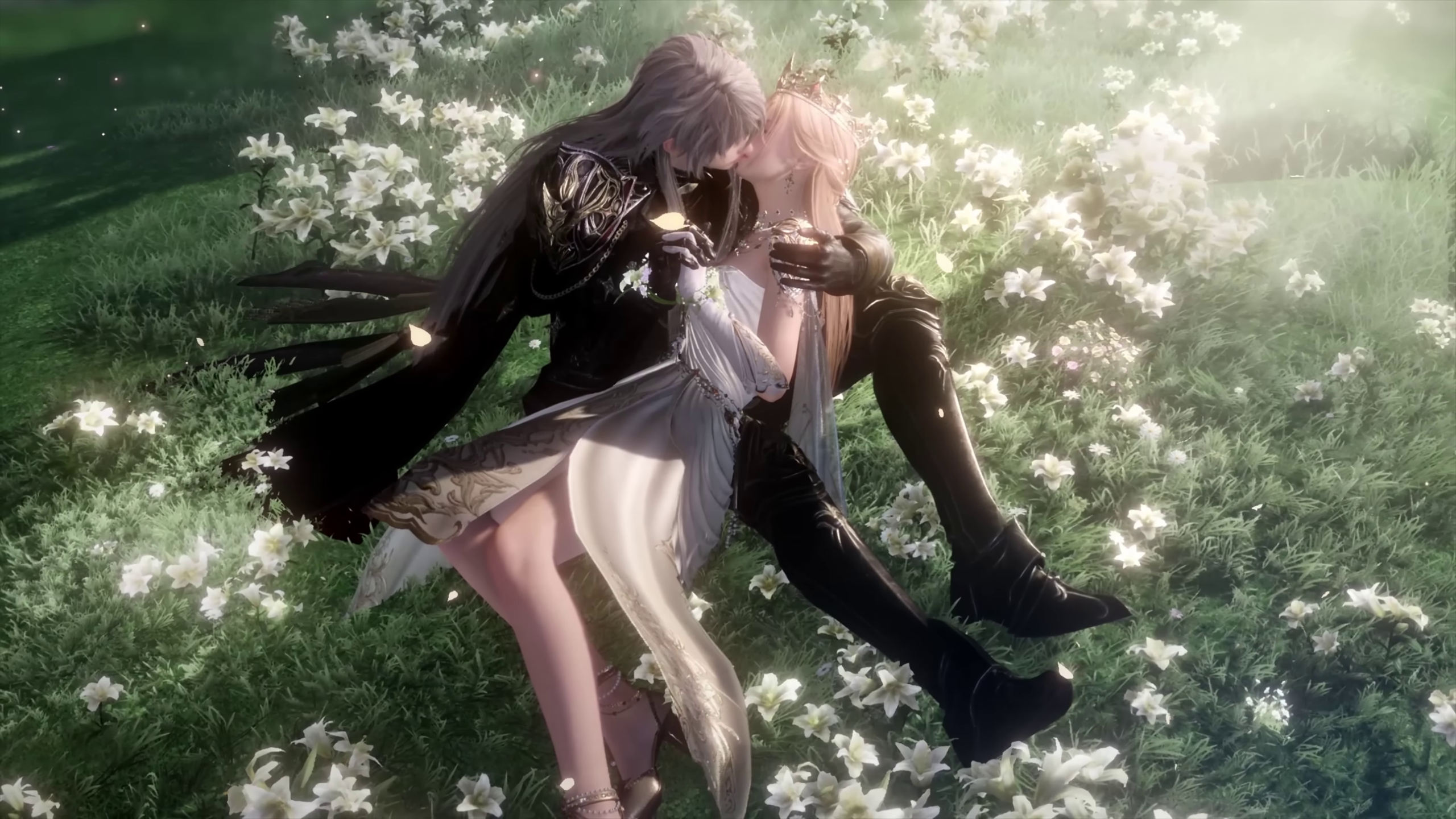
Love and Deepspace, developed by the company often referred to as Papergames or Infold, has come under immense scrutiny due to ongoing legal proceedings. Fans, once enthralled by graceful narratives and intricately designed characters, now find themselves wrestling with a mix of disappointment and anger. The central claims revolve around allegations of false advertising concerning a specific event called King of Darknight, which featured a beloved companion named Xavier. Widespread reports point to a mismatch between the card’s advertised capabilities and its actual performance, sparking a fervent reaction. Although otome games typically rely on the emotional investment of dedicated fans, this incident has ignited a lawsuit and made many players question their loyalty. The legal confrontation has now reached a Mediation phase, creating an atmosphere thick with tension, heartbreak, and ongoing frustration.

Players of Love and Deepspace have always held strong expectations regarding event rewards and character cards, especially when a major release includes a coveted companion. In the King of Darknight event, fans were led to believe that the new card would provide powerful abilities, allowing them to surpass challenges efficiently. Instead, many discovered flaws in the companion’s skills that rendered it underwhelming. This triggered a barrage of complaints on community spaces, with individuals feeling a sense of betrayal and deception. The outcry grew rapidly because of the mismatch between marketing promises and in-game performance.
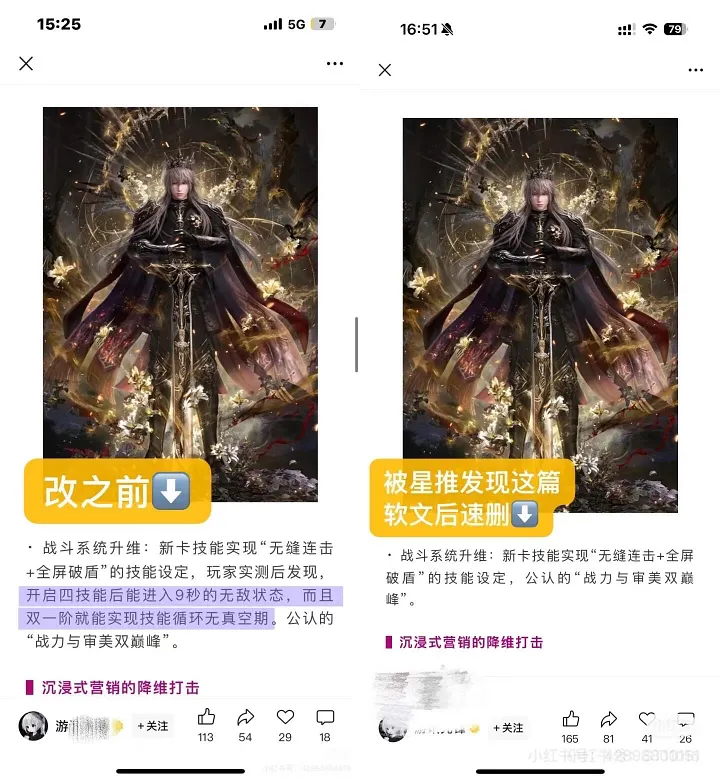
Numerous users insist that Papergames merely highlighted spectacular stats in promotional materials. However, on actual release, these stats proved inconsistent with in-game test results, tarnishing the credibility of official announcements. The atmosphere worsened when players realized the company refused to respond clearly, revealing a notable lack of official commentary. Many consumers believe a successful otome game thrives on transparency and mutual respect. The breakdown of trust in these fundamental elements unleashed a furious wave of anger and doubt.
Upon further investigation, active fans began collecting their experiences to build evidence of false advertising. This evidence, described by some as extensive, included screenshots and statistical breakdowns intended to prove a clear inconsistency between promotional claims and real outcomes. As a result, participants proceeded to file legal complaints, ultimately culminating in a lawsuit. This legal step signified more than just an attempt to seek restitution. For many, it became a necessary measure to regain autonomy in a gaming environment they once loved, calling attention to the seriousness of a broken developer-consumer relationship.
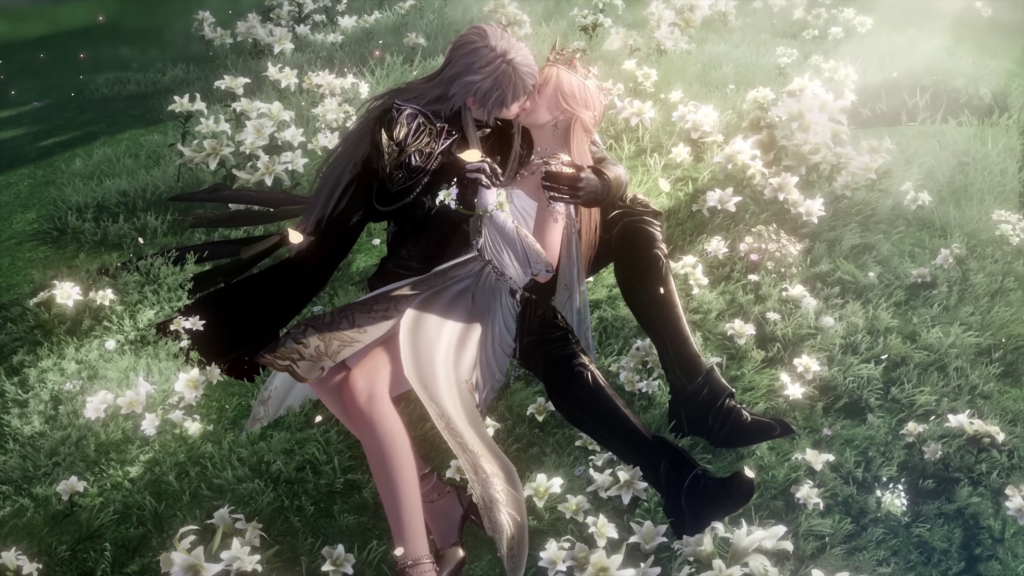
The lawsuit itself has expanded far beyond a single card’s defective abilities. An undercurrent of mistrust now exists in fan circles, with numerous players complaining about potential censorship on official and unofficial subforums. Many individuals have reported that their statements or critical content were removed, silenced, or delayed for moderation. This has produced a sense of isolation for fans who previously relied on communal spaces for genuine engagement. Over time, players perceived that any objection related to the King of Darknight event was treated as unwelcome.

Such strong concerns regarding unfair moderation rapidly snowballed. Some members of the community recounted multiple attempts at voicing frustrations, only to find their comments purged or marked as profanity. Others signaled that entire threads disappeared without reason. These revelations fueled deeper cynicism, and people questioned whether official subreddits or alleged “unofficial” communities were actually managed by company affiliates. This suspicion only served to intensify the hostility felt by players.
In response, smaller collectives of fans congregated outside official channels, forming private groups to discuss potential actions against the game. The result was a fracturing of the once unified fan base, leading to a sense of division and resentment. Many have lamented the apparent absence of corporate accountability and pointed to the lawsuit as the only method to restore fairness. Amid these intensifying tensions, the game stands at a pivotal juncture, where its very reputation remains on the line.

The controversy surrounding Love and Deepspace is not confined to a single community. Enthusiasts of other popular otome titles have also voiced concern, as the negative publicity has drawn attention to the potential for misrepresentation and exploitative tactics frequently found across various gacha systems. Fans of the genre have begun reflecting on how swiftly their trust can be broken when companies fail to meet expectations. This shared sentiment has deepened an awareness of the precarious balancing act between profit and authenticity.
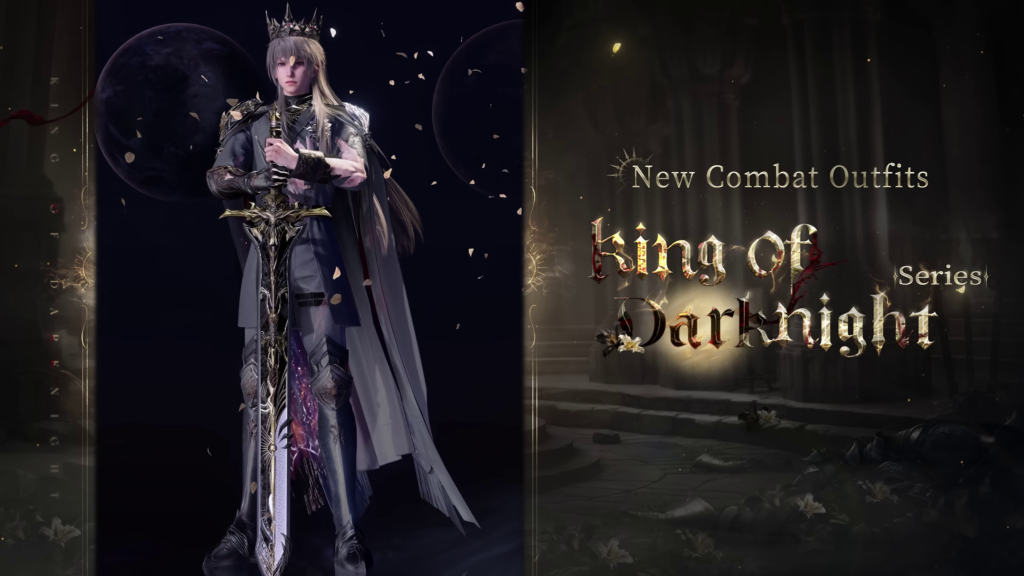
Players who have long been active in the otome world have started to examine how promotional materials are structured. Some have grown more skeptical of grand promises, flashy event previews, and any mention of limited-time power boosts. By viewing the King of Darknight crisis as an example, many are setting personal guidelines on how much they are prepared to spend on expansions or special banners in any otome game. In response, an increasing portion of fans have turned to factual user reviews and gameplay demonstrations before committing precious resources.
Additionally, this legal conflict has offerred a perspective on how deeply players can feel connected to fictional characters. The emotional investment fosters an environment ripe for discontent when expectations are not met. Although otome games usually revolve around immersive storytelling and vibrant art, real-world tensions can overshadow the fictional romance if major controversies arise. Observers speculate that this case may motivate other publishers to refine their promotional approaches, ensuring that game previews align more accurately with the final product.
Otome gaming circles around the globe have offered suggestions to promote transparency and protect individual investments. Some community members have advocated for official testing periods, giving players a short window to experiment with new content before making a financial commitment. Others advise maintaining a broader sense of caution, urging fans not to rely exclusively on developer statements. Instead, they prioritize data from neutral testers, fan-driven events, or specialized news sources.
The list above represents only some of the strategies discussed among loyal fans hoping to maintain a healthy relationship with otome gaming. Many supporters assert that the King of Darknight incident serves as a wakeup call, reminding them that no franchise is automatically perfect. By staying alert, players believe they can nurture a better climate for the experiences they truly value.

Beyond the lawsuit, many have decided to boycott Love and Deepspace. The aim is to pressure Papergames into a more honest approach. Although the boycott gained traction in certain forums, some players remain drawn to limited banners for personal reasons, undermining a fully united front. However, a considerable number still demonstrate a solidarity that challenges the developer’s financial interests. This effort rests on the belief that hurting potential revenue might push the company to address widespread discontent.
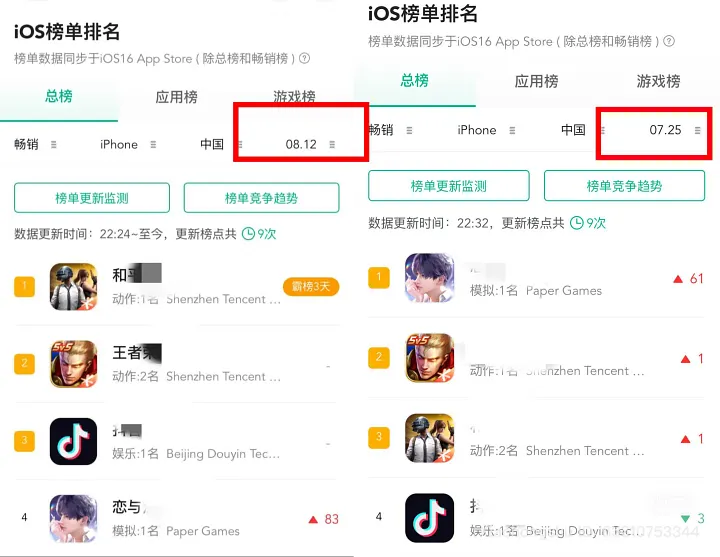
The potential success of these boycotts depends heavily on patience and player consistency. Veterans caution that sporadic, short-lived protests rarely produce lasting changes. In many gacha communities, individuals seeking immediate gratification sometimes give in to novel event additions. Others experience a form of emotional dependence on chosen characters, finding it difficult to withhold funds completely. Supporters of the boycott highlight that it takes a collective, unwavering stance to achieve genuine results.
These groups also maintain that players should not only refrain from monetary transactions, but minimize in-game activity altogether to avoid the temptation of unexpected banners. The stance stems from the argument that false advertising has caused significant damage, justifying strong measures. While critics worry about the longevity of such measures, the fervor seen so far indicates a community determined to hold Papergames accountable.
Not all community members agree on the boycott strategy. Some continue to invest money in the game, swayed by personal attachments to the cast or hoping that new expansions might be free from issues. From a broader perspective, this disagreement reveals a divide between players who want immediate reparation and those who feel that withholding support only harms the game they still enjoy. Certain fans argue that unconditional negativity erodes the remaining sense of enjoyment found in group events, daily check-ins, and community interactions.
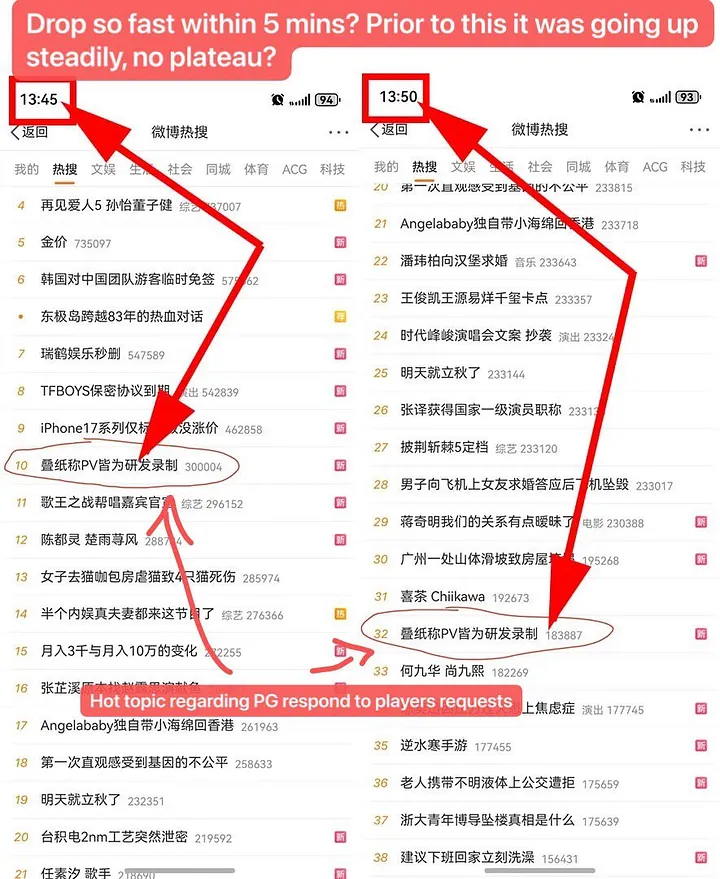
Online spaces dedicated to the game can turn contentious. A portion stands firmly with the boycott, attributing any continuing problems to individuals unwilling to join. Another segment defends their right to spend, emphasizing personal freedom of choice. This second group also contends that a healthy gaming environment requires positivity and measured feedback rather than aggressive condemnation. Critics of the boycott claim that ceasing all activity punishes loyal fans more than the developer itself, as the game could face negative consequences that might lead to reduced updates or server closures.
These fragmented perspectives highlight how emotional the otome community can become when players perceive unethical practice. Friendships that once thrived on shared excitement have faced strain. Although some remain hopeful for reconciliation, others feel disillusioned, believing that the lawsuit is the only path to a meaningful solution. The unfolding situation underscores how seriously gamers take these matters, particularly when they invest both money and devotion into a favorite title.
Despite some loyal spenders, factual data from the mobile charts indicates that Love and Deepspace has already experienced a drop in ranking. Numerous fans attribute this decline to negative publicity, persistent controversies, and the intensifying boycott. Observers note that the King of Darknight event was expected to generate significant revenue, especially from lovers of the Xavier character, but the shortfall in user engagement suggests a meaningful impact.
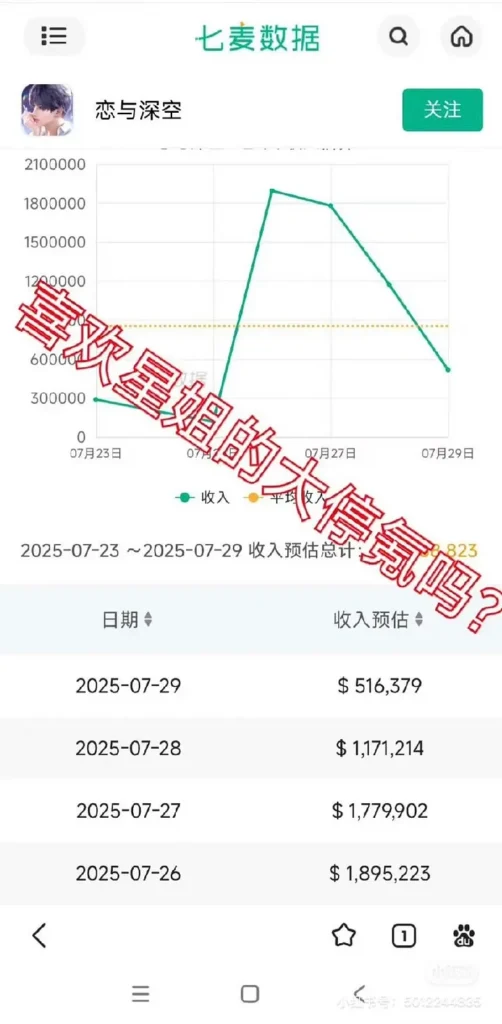
Furthermore, there is speculation that Papergames had planned to announce more lucrative events, hoping to capitalize on enthusiastic spending. These releases, which might have drawn major whales and moderate spenders alike, are not meeting prior targets. Some watchers highlight the possibility that the company has found players to be more cautious about future banners or expansions. This caution is particularly noteworthy in highly competitive gaming markets, where alternate titles can instantly capture drifting fanbases.
A few gamers remain indifferent to the broader boycott, insisting that Love and Deepspace’s mechanics still outshine potential competitors. However, the frequency of official mistakes, including previous fiascos with other related games, is pushing more individuals to weigh their expenditures carefully. The existence of a lawsuit further influences the mindset of longtime players, prompting repeated re-evaluation of brand loyalty and the trust they once placed in Papergames.
The complexities of consumer behavior have become evident as the lawsuit continues. Some fans openly state they will remain loyal through thick and thin, either out of sentimentality for favorite characters or optimism that Papergames will eventually fix the issues. Others emphasize that their faith in the brand is beyond repair. This group persists in encouraging potential newcomers to be mindful of the ongoing turmoil before investing.
These suggestions are aimed at preserving a sense of control despite the chaos. For some, adopting a more analytical approach prevents them from falling victim to misleading promotions. Meanwhile, thorough research and methodical approaches allow veterans to protect themselves even when the company’s track record appears shaky.

Since the case has reached a Mediation phase, many expect an eventual path to resolution. Mediation typically entails both parties, accompanied by a neutral third party, working to negotiate a feasible compromise. In an ideal scenario, Papergames would offer public acknowledgment of the King of Darknight problems and clarify the discrepancies that led to the false advertising claim. They might consider special compensation packages or improved in-game support to demonstrate renewed commitment to transparency.
However, if attempts at a peaceful resolution fail, the court could eventually request further legal proceedings. This possibility generates apprehension among fans, who want a thorough resolution but remain wary of how the company might spin the outcome. A small section of the player base believes Papergames may impose minimal adjustments to pacify critics, but others suspect a deeper solution is necessary to rebuild confidence. Regardless, the lawsuit spotlights the need for ethical game development practices.
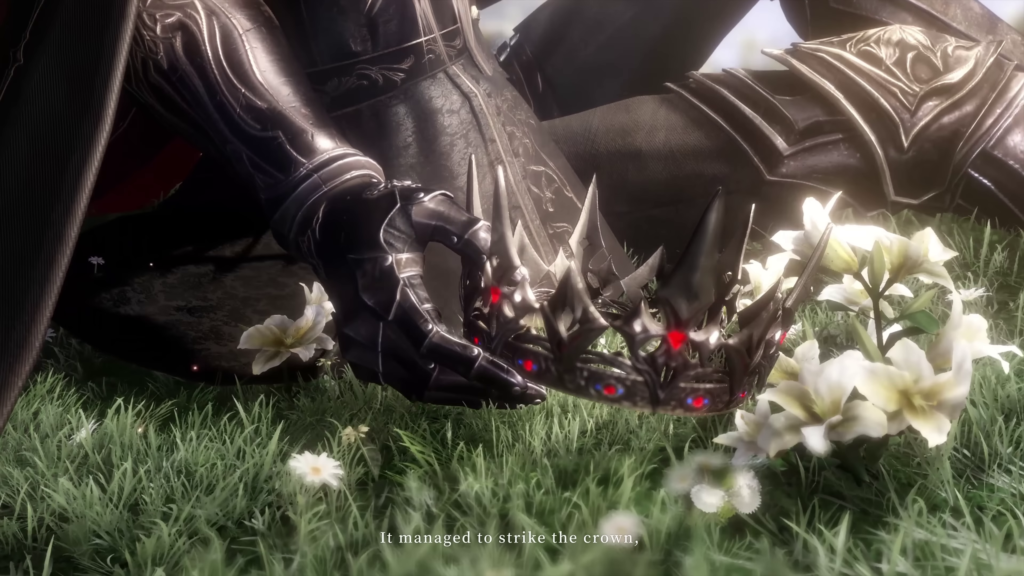
Speculation deems that, even if Papergames emerges with minimal damages, the brand image could remain scarred unless they implement sweeping changes. Some fans want management to engage with the community more consistently, ensuring that upcoming releases do not face the same criticisms. While the final results remain uncertain, the event has undoubtedly changed the popularity of Love and Deepspace, possibly pushing the game toward a period of reassessment and better business strategies.
Be sure to keep up with the updates and new content being released for Love and Deepspace.
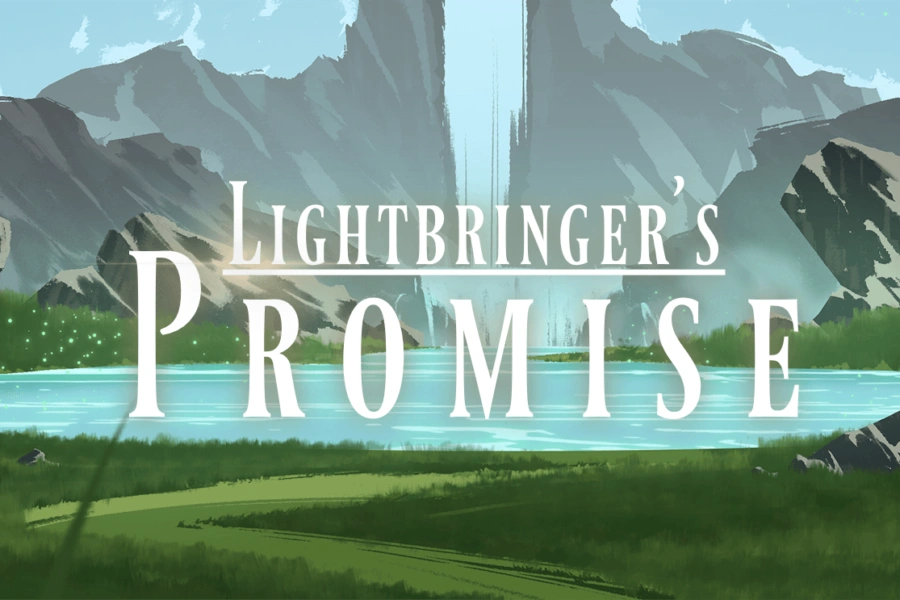
As much as I enjoy big sprawling stories with a long narrative, sometimes I like to try out something more bite-sized. Most short stories in...
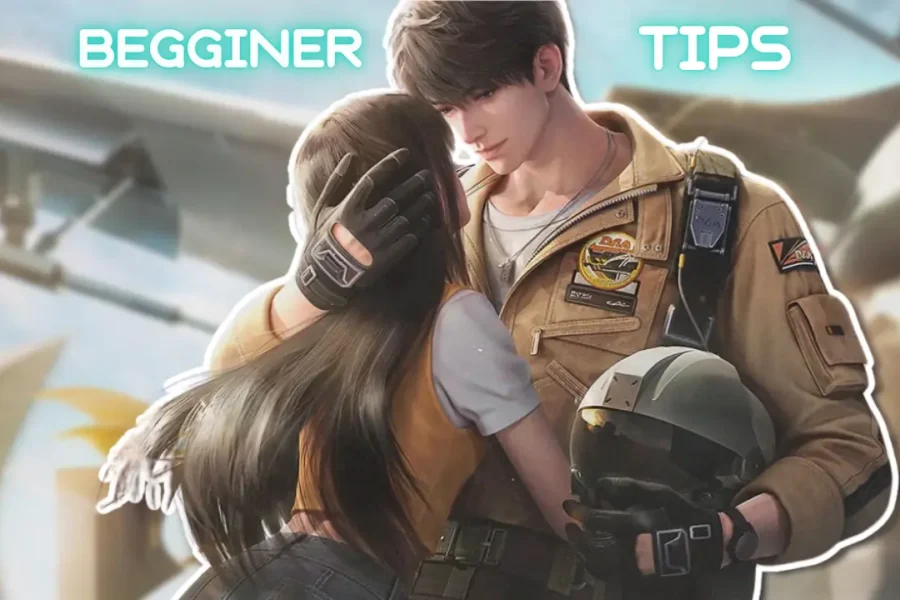
Welcome to this friendly and comprehensive guide and Love and Deepspace Beginner Tips, specially made for newcomers diving into the world of Love and Deepspace!...
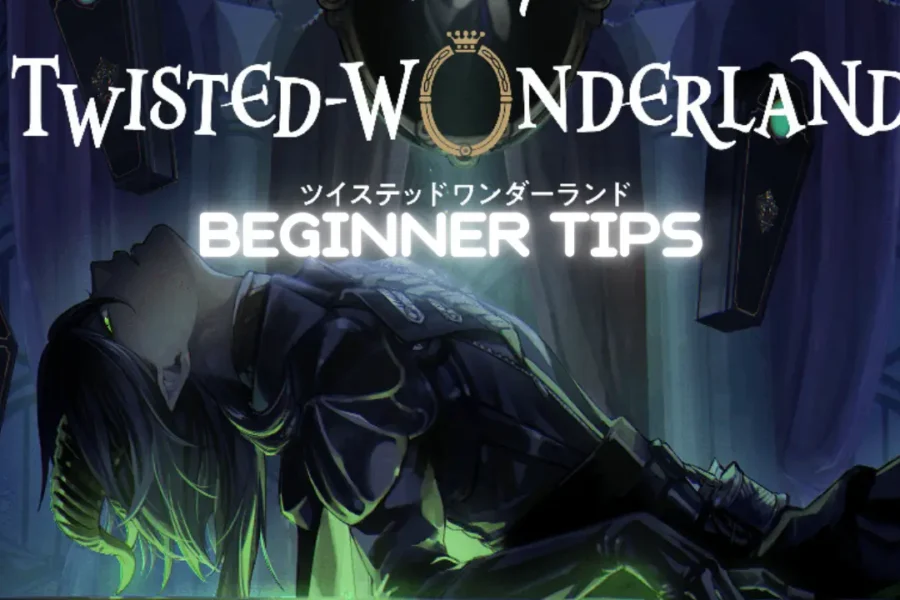
Welcome to Twisted Wonderland Tips. Whether you’re new to the game or simply looking for ways to improve your progress, this guide covers essential tips...